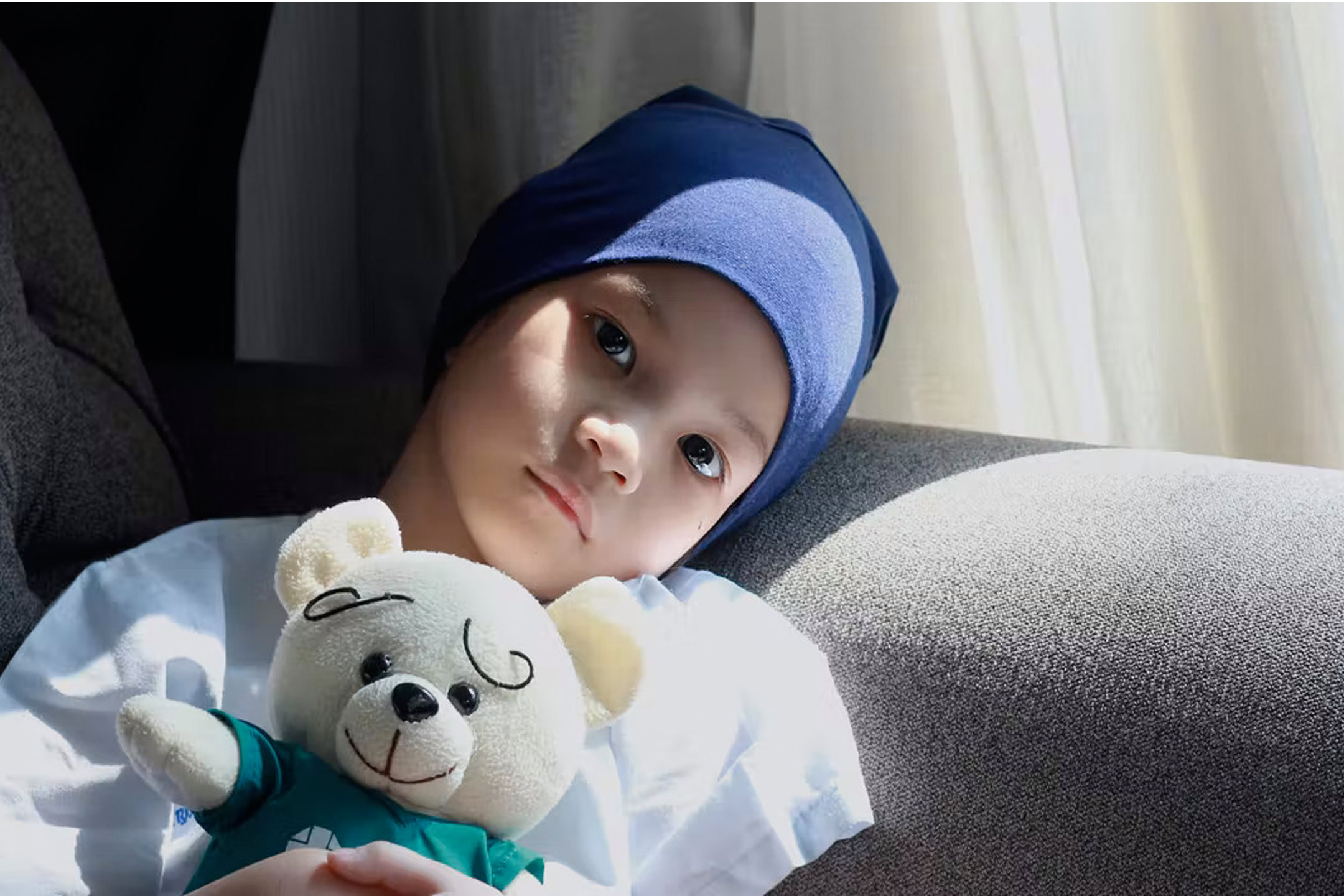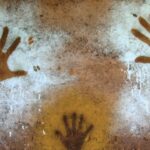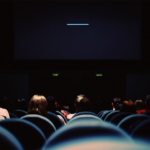
21 Feb New Adelaide Facility to Fast-Track Childhood Cancer Treatment
A new tissue culture facility is opening today at UniSA will speed up research into two of the most aggressive childhood cancers—brain tumours and acute myeloid leukemia (AML).
Every year, around 120 Australian children are diagnosed with brain cancer, the second most common childhood cancer. For children under five, survival rates are devastatingly low, with almost half not surviving. AML, a fast-growing blood cancer, affects about 50 children annually. While treatments are more effective, they can be harsh, with long-term health impacts and a high risk of relapse.
Thanks to a $36,100 donation from Cops for Kids, an unused space at UniSA will be transformed into a cutting-edge lab to help researchers find safer, more effective treatments.
“We need better options for children with cancer,” says Professor Richard D’Andrea from the Centre for Cancer Biology (CCB). “Our research focuses on immunotherapy—treatments that boost the body’s own defences to fight cancer without the same toxic side effects of chemotherapy.”
Prof. D’Andrea’s team, working with the University of Queensland, is developing new treatments for AML, while Associate Professor Lisa Ebert is leading research into brain cancer using CAR T-cell therapy—a personalised approach that teaches the immune system to recognise and destroy cancer cells.
“One of the most heartbreaking childhood cancers is diffuse midline glioma (DMG),” says Assoc. Prof. Ebert. “It’s incredibly aggressive and currently has no cure. But early results from a clinical trial we’re involved in suggest CAR T-cell therapy could be a game-changer.”
Turning Tragedy into Hope
This breakthrough research has been made possible thanks to Kelly Stevens, who founded Charlie’s Rainbow after losing her three-year-old son, Charlie, to AML in 2021.
“Despite her heartbreak, Kelly has raised hundreds of thousands of dollars for childhood cancer research,” says Senior Constable First Class Genevieve Cullinan, a neighbour and friend who helped connect Cops for Kids with Charlie’s Rainbow.
Cullinan and fellow police officers will join researchers and Kelly Stevens at the official launch of the new lab today at 11 a.m. at UniSA’s Bradley Building.
💛 Donations to support childhood cancer research can be made here:
https://giving.unisa.edu.au/donate-to-charlies-rainbow-aml-research/ (for AML research)
https://giving.unisa.edu.au/donate-to-centre-for-cancer-biology/ (for brain cancer research)
100% of all donations are spent directly on cancer research at UniSA




